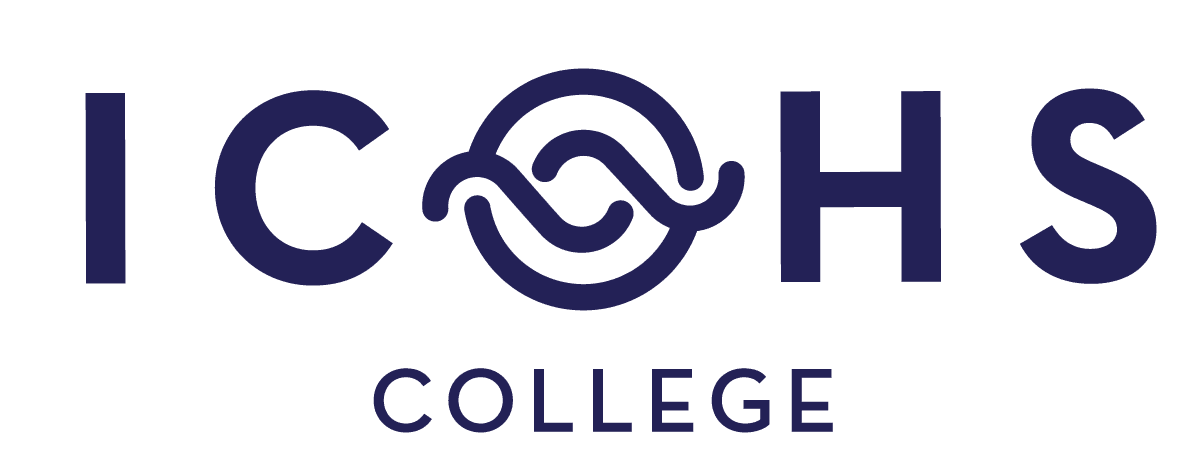Follow these tips to help get ahead in today’s tough market.

Creating and sticking to a budget can be incredibly challenging, especially in today’s inflationary market. We understand how stressful it is to see prices for goods and services continually rise, making it harder to manage your finances. For adults thinking about returning to college for career training, the prospect of taking on educational expenses can seem overwhelming. We empathize with your concerns, but with careful planning and smart budgeting, achieving your goals is within reach. This blog will provide compassionate, practical tips to help you create a monthly budget that supports your current needs and future aspirations.
1. Understand Your Income and Expenses
The first step in creating a budget is understanding your income and expenses. List all sources of income, including your salary, freelance work, and any other sources. Next, track your expenses. This includes fixed costs like rent or mortgage, utilities, and insurance, as well as variable costs like groceries, transportation, and entertainment. Don’t forget to include occasional expenses, such as car maintenance or medical bills.
Tips:
- Use budgeting apps or tools to track your income and expenses.
- Review bank statements and receipts to ensure you capture all expenses.
- Categorize your expenses to see where your money is going.
2. Set Clear Financial Goals
Setting clear financial goals will help you stay focused and motivated. Your goals might include saving for college, paying off debt, or building an emergency fund. Break down these goals into short-term and long-term objectives. For instance, a short-term goal might be to save $500 in three months, while a long-term goal could be to save $5,000 for college tuition in two years.
Tips:
- Make your goals specific, measurable, achievable, relevant, and time-bound (SMART).
- Write down your goals and keep them visible to remind yourself of what you’re working towards.
- Adjust your goals as your financial situation changes.
3. Create a Realistic Monthly Budget
A realistic budget is one that you can stick to. Start by listing your essential expenses, such as housing, utilities, groceries, and transportation. Then, allocate money for non-essential but important expenses, such as entertainment, dining out, and hobbies. Finally, assign funds to your financial goals, like savings and debt repayment.
Tips:
- Use the 50/30/20 rule as a guideline: 50% of your income for needs, 30% for wants, and 20% for savings and debt repayment.
- Be honest about your spending habits and make adjustments as needed.
- Review and adjust your budget regularly to reflect changes in your income or expenses.
4. Cut Unnecessary Expenses
Inflation can make it harder to make ends meet, so it’s important to identify and cut unnecessary expenses. Look for areas where you can reduce spending without significantly impacting your quality of life. This might include eating out less, canceling subscriptions you don’t use, or finding cheaper alternatives for certain products and services.
Tips:
- Cook meals at home instead of dining out.
- Use coupons and shop sales to save on groceries.
- Review your subscriptions and memberships to see if you can cancel any.
- Consider downsizing your living space or finding a roommate to reduce housing costs.
5. Increase Your Income by Investing in Education

If cutting expenses isn’t enough, consider ways to increase your income. One effective method is to invest in further education to qualify for higher-paying jobs. Going back to college to train for a high-demand career can significantly boost your earning potential. ICOHS College offers programs that prepare students for in-demand careers and focuses on making them as employable as possible. From IT and Cyber Security training to Holistic Health and Massage Therapy, ICOHS College will help elevate your career. There may even be financial aid available to you that doesn’t need to be paid back like grants or scholarships. Check out ICOHS College’s needs based Institutional Scholarship.
Tips:
- Explore programs offered by ICOHS College, such as Information Technology and Cyber Security or Holistic Health and Massage Therapy.
- Research job market trends to identify high-demand careers.
- Consider flexible or part-time programs that allow you to work while you study.
6. Build an Emergency Fund
An emergency fund is crucial for financial stability, especially in an inflationary market. Aim to save at least three to six months’ worth of living expenses. This fund can cover unexpected expenses, such as medical bills, car repairs, or job loss, without derailing your budget.
Tips:
- Set up automatic transfers to your savings account to build your emergency fund consistently.
- Start small and gradually increase your savings over time.
- Keep your emergency fund in a separate, easily accessible account.
7. Manage Debt Wisely
Managing debt is an essential part of budgeting. Prioritize paying off high-interest debt, such as credit card balances, before focusing on lower-interest loans. Consider consolidating your debt or negotiating with creditors to lower your interest rates.
Tips:
- Make a list of all your debts, including the interest rates and minimum payments.
- Create a repayment plan, starting with the highest-interest debt.
- Look for balance transfer offers or debt consolidation loans to save on interest.
8. Plan for Rising Costs
Inflation means that the cost of living will continue to rise. Plan for these increases by regularly reviewing and adjusting your budget. Consider how rising prices will impact your essential expenses and adjust your spending accordingly.
Tips:
- Monitor inflation trends and adjust your budget as needed.
- Increase your savings rate to keep up with rising costs.
- Look for ways to save on essential expenses, such as buying in bulk or switching to generic brands.
9. Seek Financial Advice
If you’re unsure how to manage your finances in an inflationary market, consider seeking professional advice. A financial advisor can help you create a budget, set financial goals, and develop a plan to achieve them. They can also provide guidance on saving for college and other major expenses.
Tips:
- Look for a certified financial planner (CFP) or other qualified professional.
- Ask for recommendations from friends or family members.
- Research and compare advisors to find one that meets your needs and budget.
10. Stay Committed and Flexible
Budgeting is an ongoing process that requires commitment and flexibility. Stay committed to your financial goals, but be willing to adjust your budget as your circumstances change. Life is unpredictable, and your budget should be adaptable to accommodate changes in your income, expenses, and financial goals.
Tips:
- Review your budget regularly, at least once a month.
- Make adjustments as needed to reflect changes in your financial situation.
- Celebrate your progress and achievements, no matter how small.
Conclusion
Creating a monthly budget in today’s inflation market can be challenging, but it’s not impossible. By understanding your income and expenses, setting clear financial goals, and making smart financial decisions, you can manage your money effectively and work towards your goals. Whether you’re considering going back to college for career training or simply trying to make ends meet, these budgeting tips can help you navigate the challenges of an inflationary economy. Stay committed, stay flexible, and remember that every small step you take towards financial stability is a step in the right direction.










